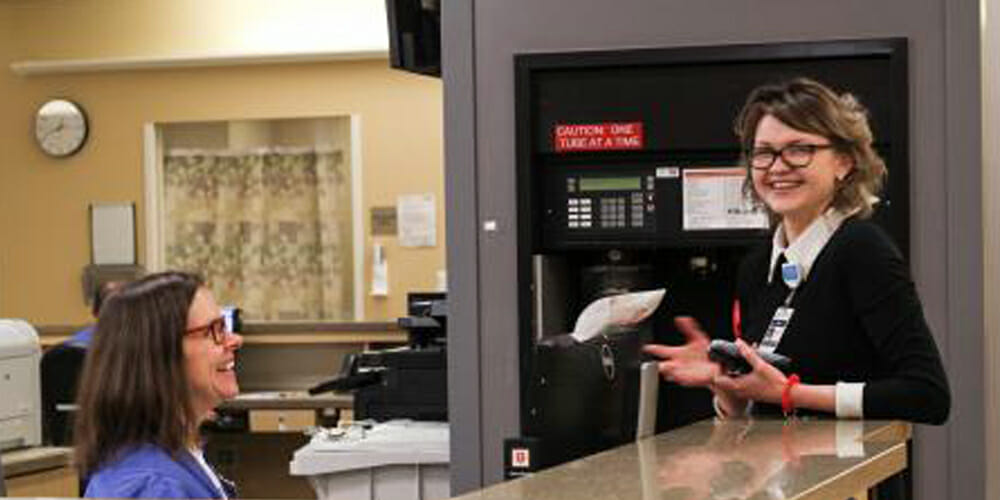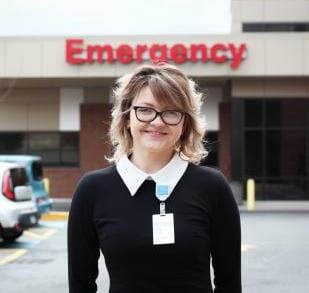Russian-speaking volunteers are proving to be a significant asset for area patients.

The Portland, Oregon metropolitan area in the northwestern United States is home to one of the largest Slavic communities in the country, yet this community has been underserved by health care in the area. Thanks to Adventist Health Portland, that’s changing.
Russian-speaking staff is available in several Adventist Health clinics. Recently, the hospital’s emergency room added Russian-speaking navigators to ensure Slavic patients get understandable and culturally sensitive care and information.

This program recently saved the life and limb of two Russian-speaking patients who were initially very reluctant to accept treatment.
These two patients arrived in the ER only minutes apart. One had a severe headache and needed a blood transfusion. He refused treatment because he did not want “another person’s blood” in his system, which he did not believe would help. As the patient was fading away, he shared about his life with the Russian navigator, Irina Klimenko.
Sara Larry, a doctor on duty at the time, gave Klimenko a quick primer on blood transfusions. Then Klimenko got on the phone with the patient’s wife, explained the critical need for a blood transfusion and gave the couple privacy to discuss their options.
When the patient and his wife finished talking, there was no more resistance. The man accepted the needed treatment and was able to be transferred to the Oregon Health and Science University hospital for advanced care.
Meanwhile, another Russian-speaking patient was refusing treatment for a seriously infected leg wound. She hadn’t taken the antibiotics her doctor had prescribed, and her infection had gotten much worse. Now in the ER, the patient was refusing a needed X-ray and rejecting IV pain-relieving medication because she believed they were bad for her health.
Phlebotomist Emmanuel Giamani, who speaks Russian, prayed with the patient and listened to her describing how she didn’t trust hospitals. Giamani used the opportunity to help the patient trust Irina by explaining how the navigator’s key role was to advocate what’s best for the patient — not the doctor or the hospital.
By the time Klimenko was free to speak with the woman, the patient was ready to engage and agreed to both the X-ray and hospital admission. She still wanted to avoid the pain-relief medication, and her medical team respected her wishes.
The combined efforts of the ER team to provide care that uniquely met the needs of these Russian-speaking patients is an example of how committed Adventist Health Portland is to living God’s love by inspiring health, wholeness, and hope throughout a diverse community.
The original version of this commentary was posted on the GleanerNow news site.









